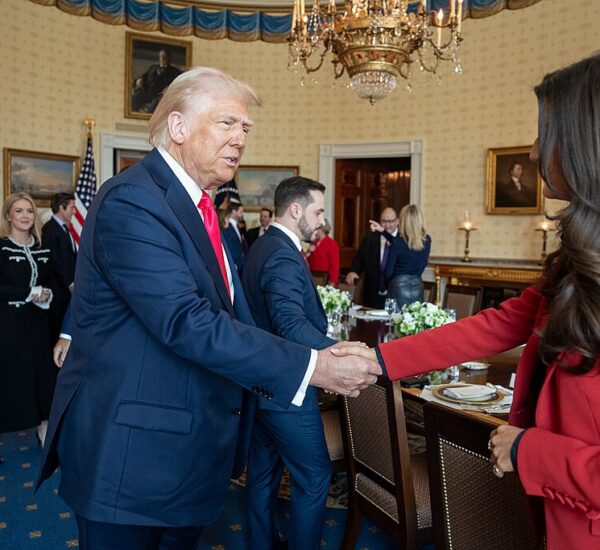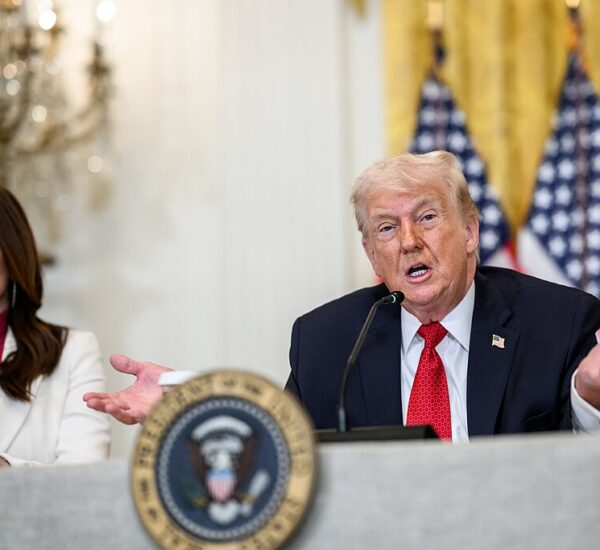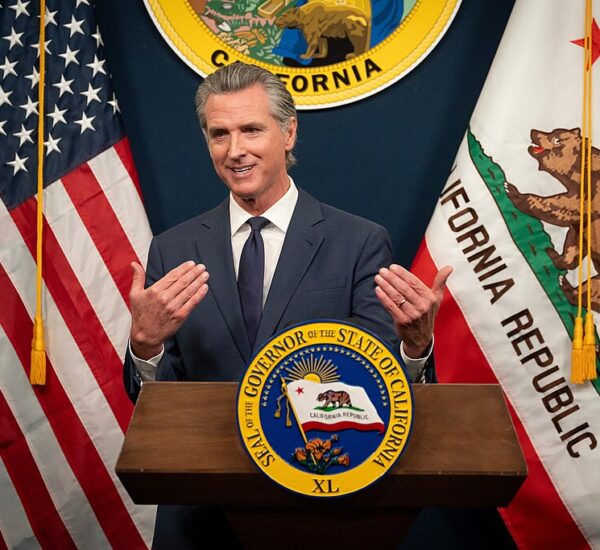GOP Fails To Fulfill Trump’s Wishes?
This week marks a critical moment for House Republicans as they seek to advance President Trump’s agenda, with the first major step being the adoption of a new budget resolution. This process is key to setting in motion the legislative actions that would allow the GOP to push through Trump’s priorities. However, the road ahead is far from clear, as key moderates within the GOP express hesitations about the proposed spending cuts.
Three moderate Republicans, including Reps. David Valadao (R-Calif.), Nicole Malliotakis (R-N.Y.), and Don Bacon (R-Neb.), have voiced concerns over potential reductions to Medicaid, a program that many of their constituents rely on. These concerns add another layer of complexity to Speaker Mike Johnson’s (R-La.) efforts to move the budget resolution forward. With Republicans holding a slim majority, Johnson can afford to lose just one vote to ensure the resolution passes, making every vote critical.
Adding to the pressure, former President Trump has endorsed the House GOP’s one-bill approach, rather than the Senate’s two-bill plan. His endorsement pushes Republicans to unite behind this strategy and avoid divisions that could derail their efforts. The resolution itself proposes up to $2 trillion in spending cuts across committees, with a notable $880 billion cut suggested for Medicaid. This has raised alarm among moderate Republicans who fear that such cuts would have a detrimental effect on vulnerable Americans.
Meanwhile, some GOP hardliners insist on substantial cuts to keep the budget balanced, with a focus on reducing government spending. As tensions rise within the party, it’s clear that Speaker Johnson will need to carefully navigate these differing views. Some GOP leaders, like Rep. Jim Jordan (R-Ohio), have assured the party that Medicaid will not be deeply cut, but work requirements are on the table—a compromise that many Republicans support.
The outcome of this budget resolution is important for more than just domestic policy—it’s a crucial step in the GOP’s plan to pass Trump’s agenda. The budget reconciliation process, once the resolution is adopted, will allow Republicans to bypass Democratic opposition in the Senate and move forward with Trump’s key policy initiatives.
On the Senate side, Republicans are also focused on confirming Trump’s Cabinet picks, including Lori Chavez-DeRemer (R-Ore.), his nominee for Secretary of Labor. Chavez-DeRemer’s past support for pro-union legislation has raised concerns among some Republicans, but she has since distanced herself from some of the more controversial aspects of the bill in question. Senate Republicans are keeping a close eye on the House’s progress, especially as they work with a two-bill strategy of their own.
As March 14 looms, Congress is under increasing pressure to avoid a government shutdown. Negotiations over funding remain stuck, with Republicans and Democrats divided on key issues. With hard-liners in the GOP reluctant to accept stopgap measures, the clock is ticking, and both parties face significant hurdles in reaching an agreement.
This week, all eyes will be on the House GOP’s budget resolution, as it represents the next step in advancing President Trump’s vision for the country. However, with internal party divisions and outside pressures, the fate of the resolution—and the future of Trump’s legislative agenda—remains uncertain.






